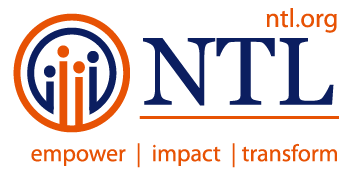Introduction In this article we seek to familiarise Organization Development (OD) practitioners with key ideas about organizational change from the academic field of Organizational Discourse. Organizational Discourse has emerged over the last two decades or so to become an important way of thinking about organizational phenomena, and discursive ideas and research are now featured regularly in scholarly journals around the world. Many of these publications will not be familiar to OD practitioners. Here, we seek to bridge this academic-practitioner gap by outlining some of the core ideas concerning discourse and organizational change, and by considering their implications for a practitioner audience. There are three main parts to this article. First, we introduce and define organizational discourse. In doing so, we note that in several key respects it overlaps with what have been described as “new” OD practices. Second, we explore the potential for organizational discourse studies to contribute to new OD theory and practice by drawing on a discourse analytic framework for understanding change recently proposed by Grant and Marshak (2009). A final discussion provides some summary and concluding comments. As we move through the article we cite a range of readings that are designed to act as a starting point for those who might wish to examine the field of organizational discourse and its potential contributions to OD thinking and practice in more detail. What is Organizational Discourse? The term Organizational Discourse emanates from a variety of discipline-based perspectives where the central focus is the role of language and discursively mediated experience in organizational settings (Alvesson and Karreman, 2000a; 2000b; Oswick et al, 2010; Grant et al, 2004; Putnam and Fairhurst, 2001). “Discourse” in this context includes any form of communication through language, for example, conversations and dialogue or narratives and stories. These can be spoken or written or take the form of other more abstract types of media. They can occur at more micro levels such as interpersonal or small group interactions, or at more macro levels such as prevailing organizational stories (Grant et al., 2004; Putnam and Fairhurst, 2001).

